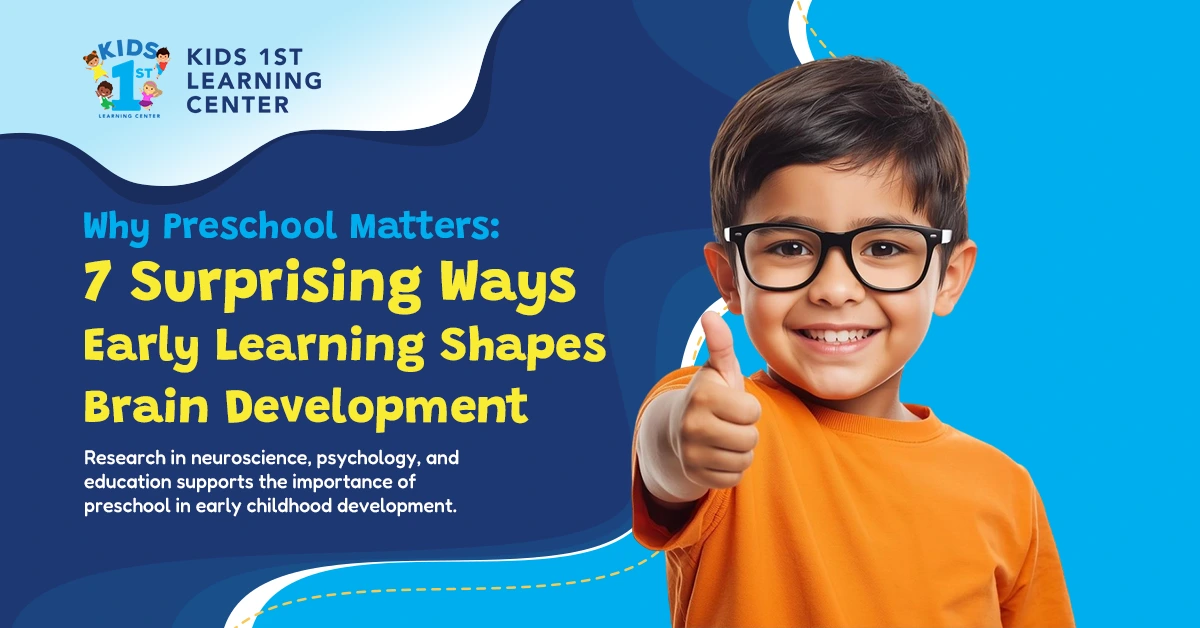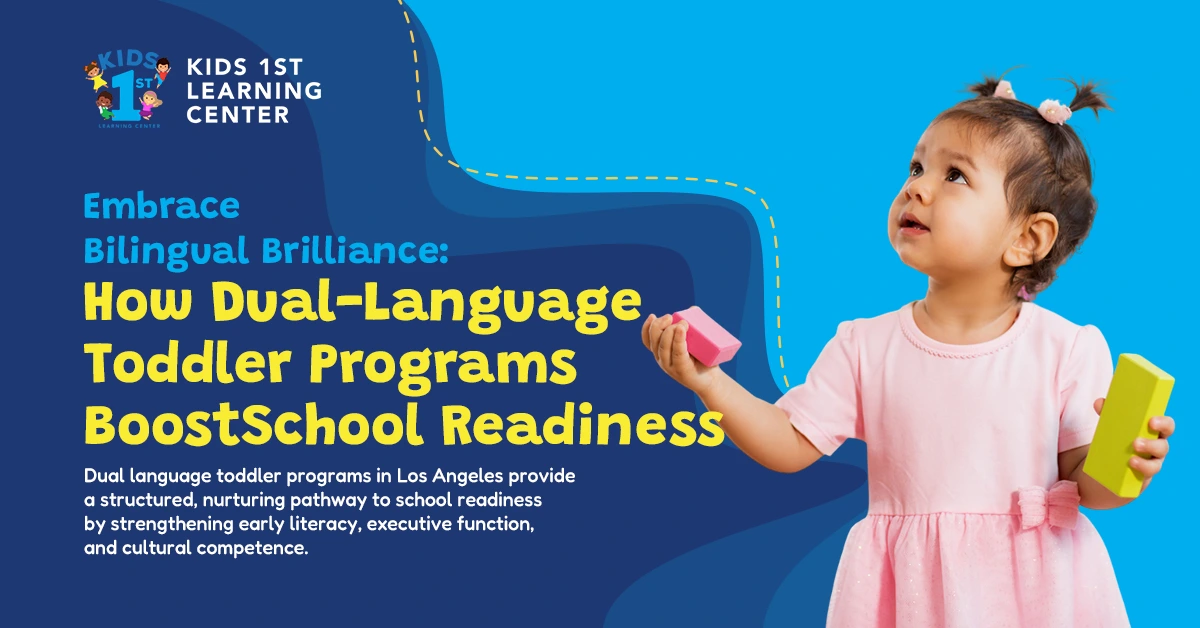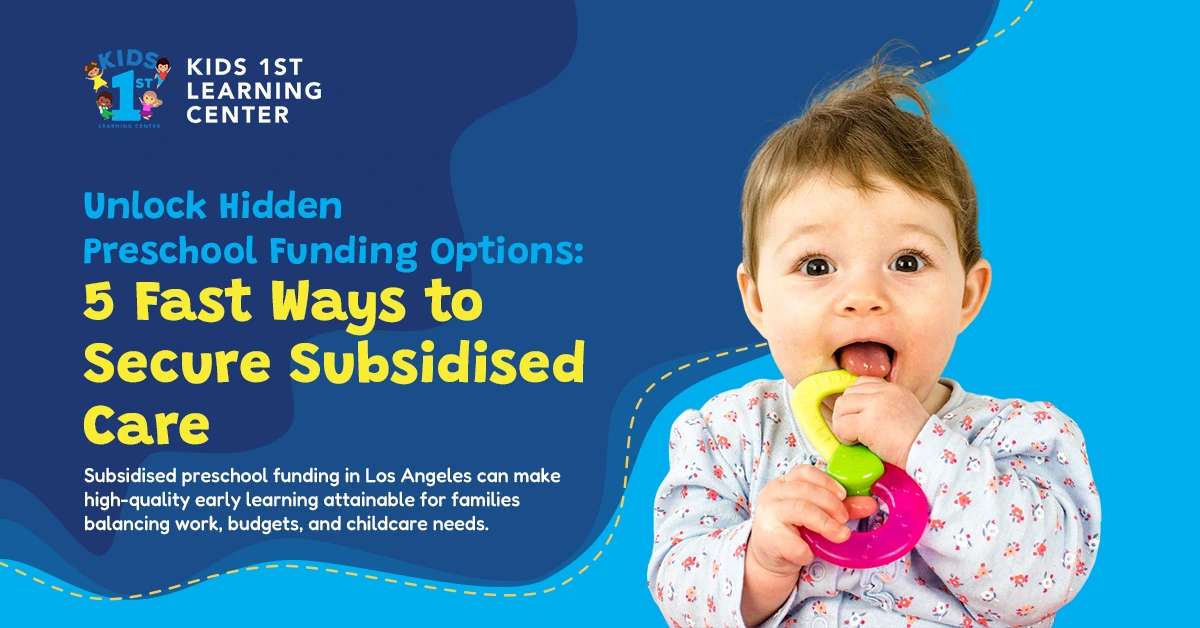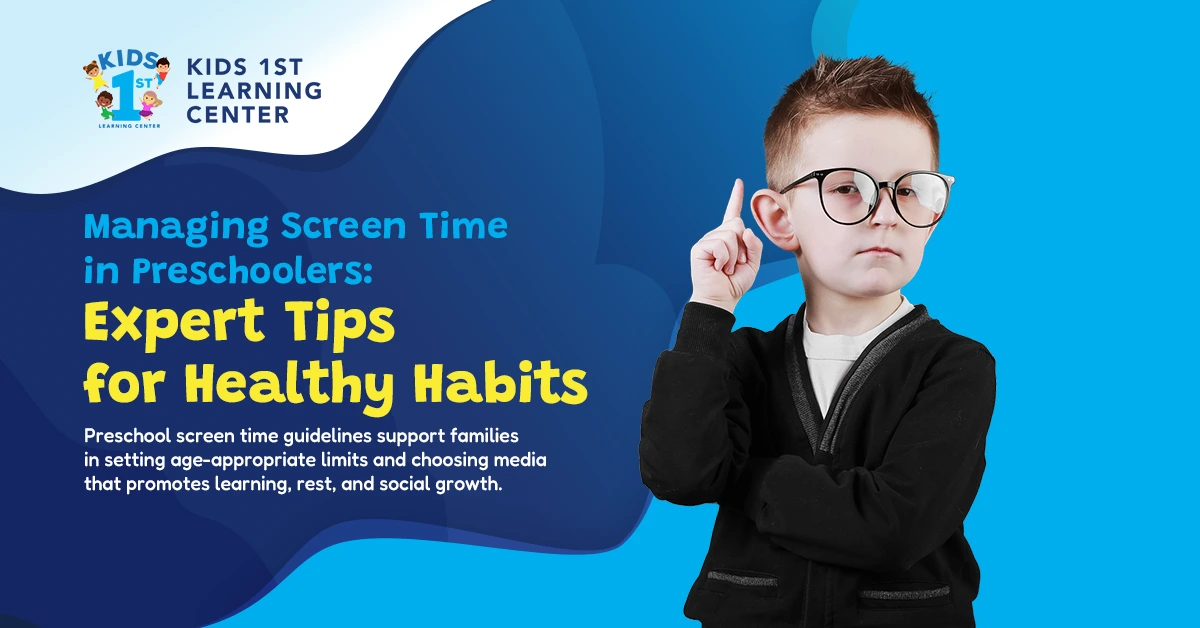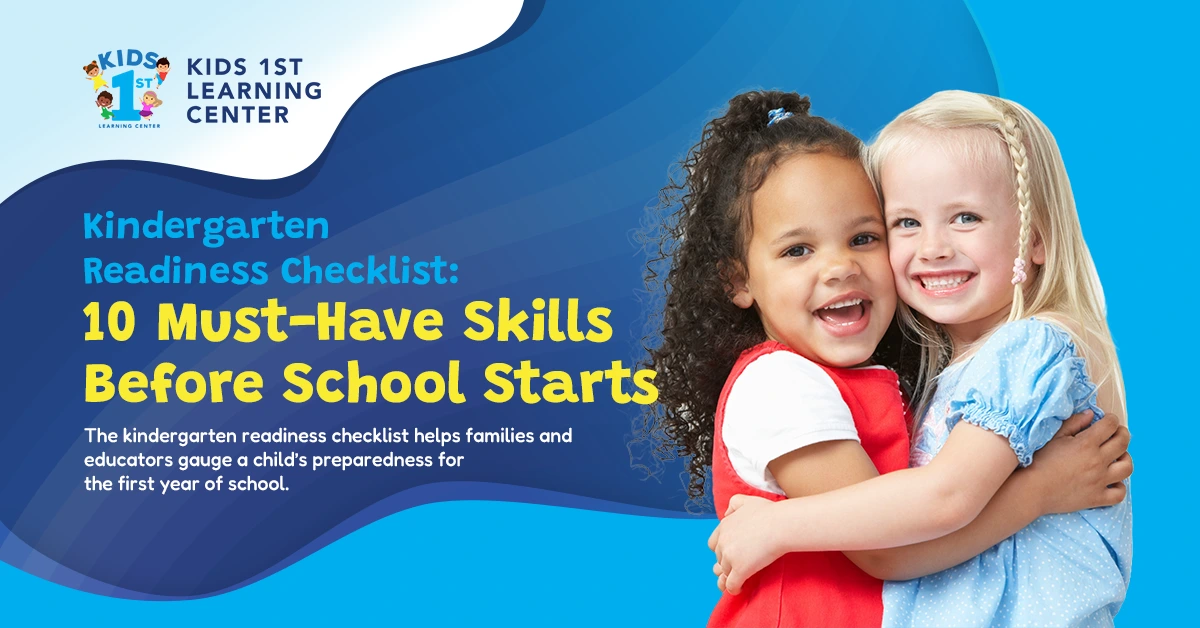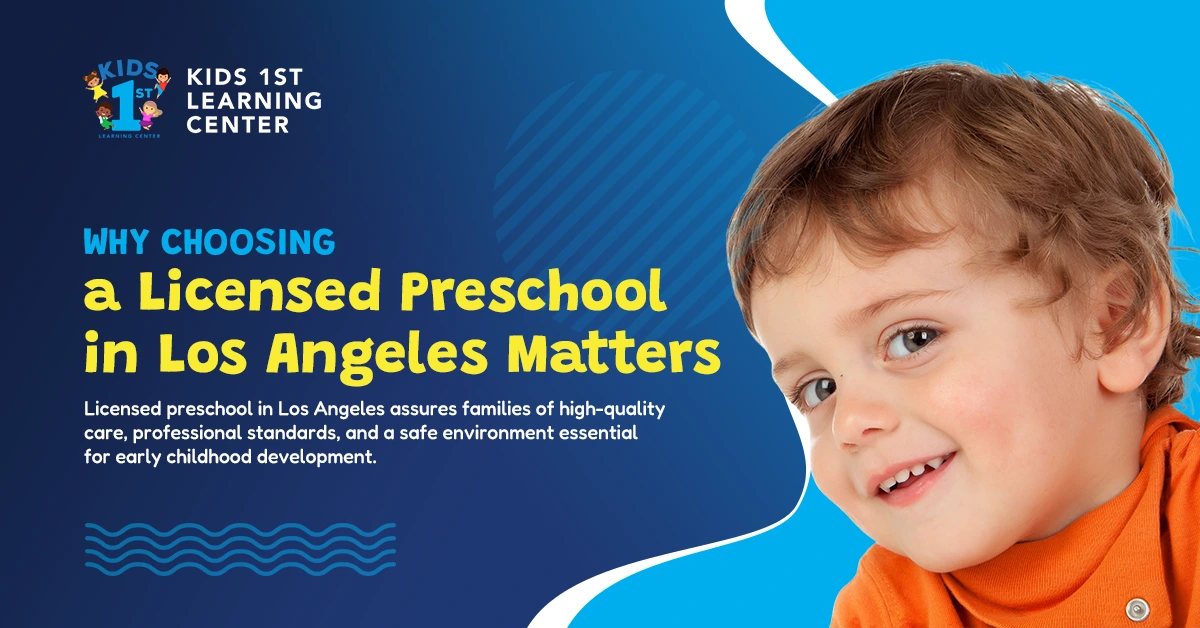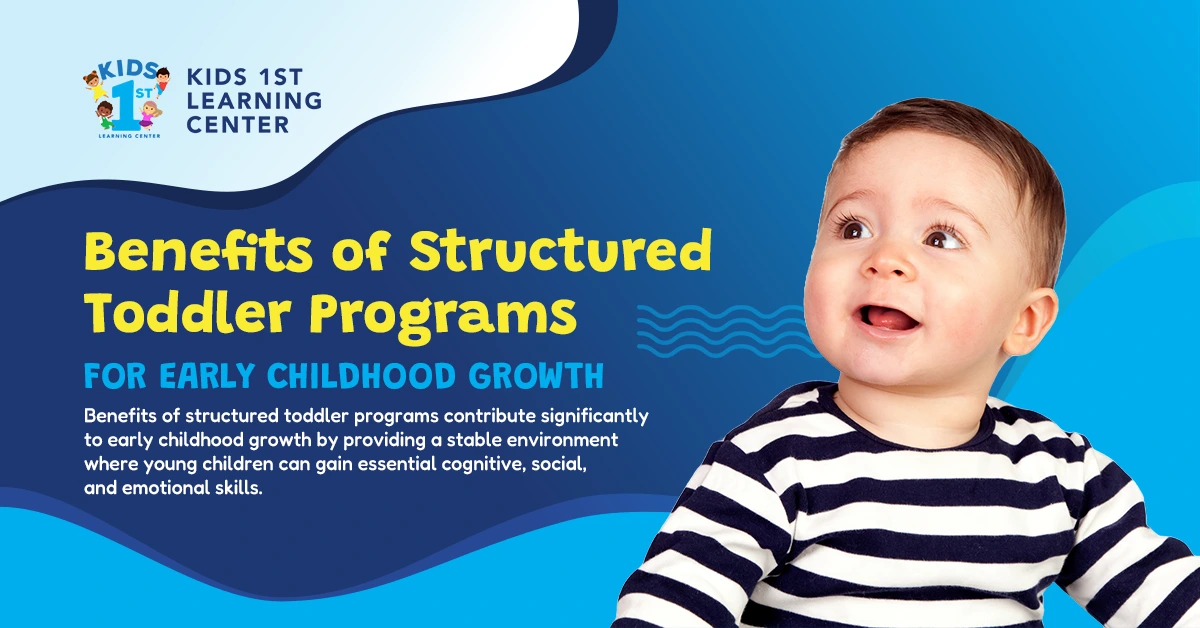Finding the right early learning center near mecan feeldaunting for any parent. Your child’s early years are crucial for building a strong foundationin education, social skills, and emotional development. Choosing a center that aligns with your values, meets your child’s unique needs, and provides a nurturing setting can make all the difference in their growth.
From warm, engaging classrooms to experienced educatorswho truly care, the ideal early learning center supports academic readiness and the whole child. This guide discusses key factors to consider when selecting the best early learning center to ensure your little one thrives in a safe, enriching, and inspiring space.
Understanding What an Early Education Center Offers
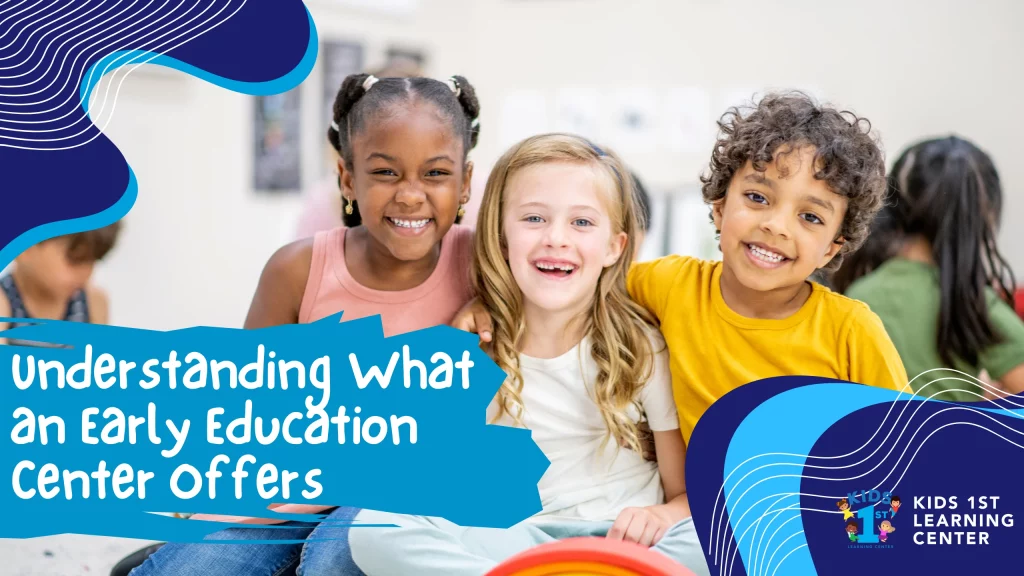
An early education centeris much more than where children spend their day. These centers are designed to nurture young minds, foster creativity, and build essential social and academic skills. Understanding what these centers provide can help parents make an informed choice for their child’s early development.
The Role of an Early Education Center in Child Development
Early education centers are pivotal in shaping children’s early learning experiences. Unlike traditional daycare settings, these centers focus on providing a structured yet loving environment where children can thrive. They blend play and learning to create experiences encouraging exploration, critical thinking, and collaboration.
Here are some key aspects that highlight their role in child development:
- Focus on foundational skills: Activities introduce children to early math, reading, and problem-solving concepts in a fun way.
- Support for social growth: Children engage in group activities that teach sharing, teamwork, and effective communication.
- Encouragement of curiosity: Teachers create opportunities for exploration and experimentation, fostering a lifelong love for learning.
By addressing these developmental needs, early education centers help children build a strong foundationfor school readiness and future success.
Differences Between Early Education Centers and Other Options
Not all childcare options offer the same benefits as early education centers. The main distinction lies in their focus on structured programs and holistic development. While daycare centers prioritize supervision, early education centers go a step further by providing intentional learning experiences.
Key differences include:
- Evidence-based curriculum: Early education centers implement research-backed teaching methods to enhance cognitive skills.
- Highly trained educators: Teachers specialize in early childhood education, ensuring children receive professional guidance.
- Focus on whole-child development: Activities are designed to simultaneously nurture emotional, social, and academic growth.
These unique features make early education centers ideal for parents seeking a comprehensive learning environment for their children.
Benefits of Enrolling in an Early Education Center
Enrolling your child in an early education center offers numerousadvantages to their overall growth. Beyond academics, these centers create a balanced environment that fosters emotional resilience, social skills, and a sense of independence.
Here are some of the most notable benefits:
- Improved social skills: Children learn to navigate relationships through group activities and guided play.
- Academic preparedness: Early exposure to letters, numbers, and problem-solving lays the groundwork for future learning.
- Emotional development: Teachers help children identifyand regulate their emotions in a supportive setting.
- Routine and structure: Consistent daily schedules teach children discipline and time management.
These benefits prepare children for school and instill confidence and a love for learning. By fostering these essential skills, early education centers equip children to navigate the challenges of both academics and life.
How to Evaluate an Early Education Center
When choosing one, assessing how well an early education center meets your child’s needs is crucial. A high-quality center will create an environment where your child feels safe, engaged, and inspired to learn.
Consider these aspects during your evaluation:
- Safety measures: The center should have clear emergency protocols and a secure facility.
- Teacher-to-child ratio: Low ratios ensure each child receives personalized attention.
- Program diversity: A mix of academic, creative, and physical activities promotes holistic development.
By carefully evaluating these factors, you can identifya center that supports your child’s growth and aligns with your family’s priorities.
Evaluating the Right Child Care Center for Your Family's Needs
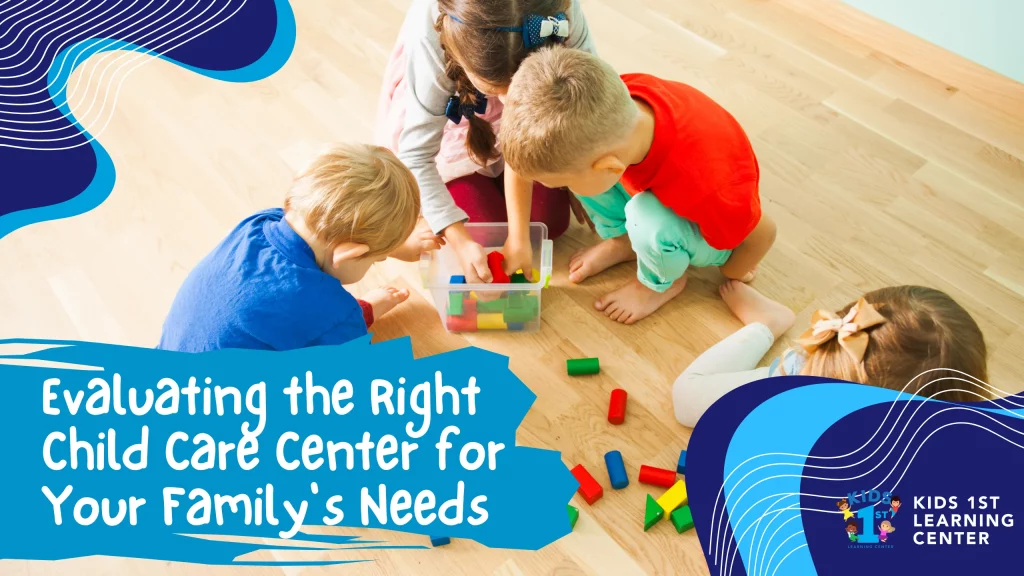
Choosing the right childcarecenteris a critical decision that impactsyour child’s development and your family’s daily life. It’sabout finding a place where your child feels safe, nurtured, and excited to learnwhile ensuring it aligns with your family’s unique needs. With thoughtful evaluation, you can identifya center that provides the best possible environment for your little one.
Prioritizing Safety and Cleanliness
Safety and cleanliness are non-negotiable when selecting a childcare center. A well-maintained facility with clear safety protocols ensures your child is in a secure environment that fosters learning without risks.
Here are key aspects to look for:
- Secure entry systems: Ensure the facility has locked doors and check-in/out procedures to control access.
- Clean and hygienic spaces: During your visit, observethe cleanliness of classrooms, play areas, and restrooms.
- Emergency preparedness: Ask about the center’s policies for handling obstacles, such as natural disasters or medical situations.
Assessing the Quality of Programs and Activities
The programs and activities offered at a child care center should cater to your child’s age, interests, and developmental milestones. A balanced schedule of structured activities and free play encourages academic and social growth.
Look for programs that offer:
- Age-appropriate curriculum: Activities to support milestones, such as language development and problem-solving skills.
- Creative outlets: Opportunities for art, music, and imaginative play to foster creativity and self-expression.
- Physical activities: Time for outdoor play or movement-based exercises to support physical health and coordination.
These programs keep children engaged and providemeaningful opportunities to explore, learn, and grow.
Considering Staff Qualifications and Interaction
The caregivers and teachers at a child care center play a pivotal role in your child’s experience. Evaluating their qualifications, teaching approach, and interaction with children is essential.
Here’s what to focus on:
- Educational background: Teachers should have training in early childhood education and development.
- Warm and nurturing demeanor:Observehow staff communicate with children—are they patient, encouraging, and kind?
- Consistent staff retention: High staff turnover can disrupt the continuity of care and relationships for children.
Well-trained and caring staff members create an environment where children feel supported, understood, and motivated to succeed.
Balancing Convenience and Quality
Practical considerations like location, operating hours, and costs should also influence your decision. However, it’s crucial to balance these with the center’s quality of care.
Factors to evaluate include:
- Proximity to home or work: A conveniently locatedcenter makes drop-off and pick-up easier.
- Flexible scheduling: Look for centers that offer full-day, part-day, or extended hours to suit your needs.
- Affordability and financial aid: Ask about tuition rates, payment plans, and available subsidies.
Finding the right balance ensures the childcare center fits seamlessly into your family’s routine while meeting your child’s developmental needs.
Exploring the Impact of Early Childhood Programs on Development
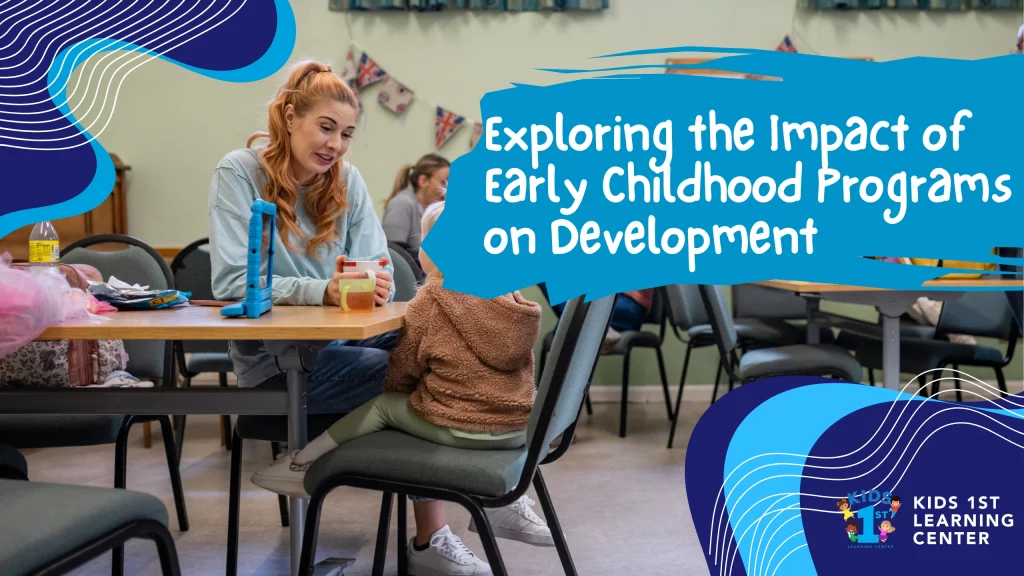
Early childhood programsare vital in shaping a child’s growth and future success. They are carefully designed to nurture critical developmental areas, including cognitive, social, emotional, and physical skills. Early childhood programs set the stage for lifelong learning and adaptability by creating structured yet playful learning environments. Let’sexplore how these programs influence a child’s development.
Cognitive Development through Structured Learning
Early childhood programs are centered around activities that stimulate brain development and encourage critical thinking. These programs introduce foundational concepts in a way that feels engaging and accessible to young learners.
Key features include:
- Introduction to basic skills: Activities that teach numbers, letters, and problem-solving to build early academic foundations.
- Creative problem-solving: Puzzles, games, and experiments that enhance reasoning and critical thinking abilities.
- Language and communication: Storytelling, songs, and group discussions to develop vocabulary and communication skills.
These structured learning experiences prepare children for formal schooling and cultivate curiosity and a love for learning.
Social and Emotional Growth through Interaction
Interacting with peers and teachers in a supportive setting helps children develop essential social and emotional skills. Early childhood programs allow children to build relationships, express themselves, and manage emotions effectively.
Here are some of the ways these programs support social and emotional growth:
- Teamwork and collaboration: Group activities teach children how to work together, share, and compromise.
- Emotional regulation: Teachers guide children in recognizing and managing their feelings during challenges or conflicts.
- Confidence building: Positive reinforcement and encouragement help children feel secure and self-assured.
These experiences foster resilience and empathy, equipping children with the tools to navigate social settings successfully.
Physical Development through Play-Based Activities
Physical health is crucial in overall development, and early childhood programs integrate movement into daily routines to support growth and coordination. Play-based activities encourage children to explore their physical abilities while having fun.
Common activities include:
- Outdoor play: Running, jumping, and climbing to build motor skills and promote physical fitness.
- Fine motor development: Arts and crafts projects that involve cutting, drawing, or building.
- Structured physical games: Activities like obstacle courses or dance sessions that improve coordination and balance.
These physical activities contribute to healthy development and help children expendenergy and stay engaged throughout the day.
Long-Term Benefits of Early Childhood Programs
Lorem ipsum dolor sit amet, consectetur adipiscing elit. Ut elit tellus, luctus nec ullamcorper mattis, pulvinar dapibus leo.
The perks of these programs extend far beyond the early years. Children participating in high-quality early childhood programs tend to perform better academically, exhibit stronger social skills, and adapt more quickly to new environments.
Research highlights several long-term advantages:
- Academic readiness: Early exposure to structured learning helps children excel in school.
- Stronger relationships: Skills in empathy and communication lead to better interactions with peers and adults.
- Increased independence: Learning to complete tasks and follow routines fosters a sense of autonomy.
Early childhood programs provide a well-rounded foundation that gives children the confidence and skills they need to succeed academically and personally.
Conclusion
Choosing the right early learning center is one of the most important decisions you can make for your child’s future. From fostering cognitive growth and emotional resilience to encouraging social interaction and physical development, the right center lays the groundwork for lifelong success. By understanding what early education centers offer, evaluating childcare options thoughtfully, and recognizing the value of early childhood programs, you can ensure your little one thrives in an environment that nurtures their unique potential.

